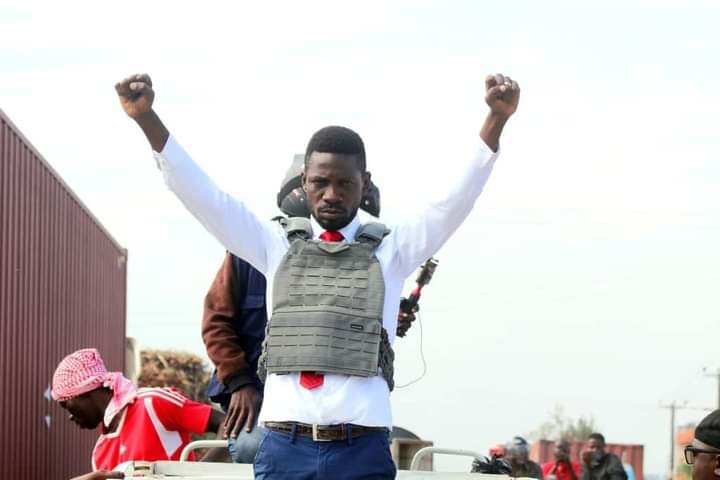When the National Unity Platform (NUP) presidential flag bearer, Robert Kyagulanyi Ssentamu alias Bobi Wine was arrested on November 18 from Luuka district, in only hours later, several towns across the country were gripped in violent clashes between purported supporters of the then detained musician turned politician and security.
The news of Bobi Wine’s arrest spread widely via online platforms, caused the outrage that lasted two days and consequently led to loss more than 60 lives, injured dozens and left hundreds detained.
The deadly clashes witnessed, only point to a fact that social media and other online platforms if not well regulated especially during this election period, could inspire real life violence that may leave Uganda permanently fractured.
Many countrymen may interpret this as a call to infringe on the right to information, but far from it, this is a humble appeal for a preventative measure.
Let us put it into perspective. Today, more Ugandans have access to social media. This, effectively means that shared information is easily and widely accessed, thus effectively calling for a regulation that controls the content that is shared.
The regulatory measure should actually guard the country from a repeat of what happened in Myanmar a couple of years back when a Buddhist woman went to her local police station and reported that she had been raped by two Muslim colleagues. After which, a local monk shared details on facebook which sparked clashes between majority Buddhists and minority Muslims that left nearly 20 people dead. However, Courts later found out that the rape story was not true. The alleged victim told Court that she had been paid to file the false police report.
See, there are many Facebook accounts and YouTube channels currently in Uganda that have embarked on spreading hate, misinformation and fake news – you will recall how social media was recently awash with reports of how the Kabaka of Buganda had been poisoned and that he was dead.
Some of the Facebook accounts, many now, with a big following, make live broadcasts every day with a soul purpose of spreading propaganda, character assassinating individuals and lies. This is very dangerous. Their emotive and divisive content can escape violence. It clearly has a potential of triggering thousands to take part in violent street protests and riots.
It is actually worse with Youtube where operators of channel strive so much for following and views in order to be paid – I hear the bigger the following and traffic, the money. Many people now feed their audience with lies to attract viewership and get paid. This must change. I think content should be given priority if any payments are to be done.
If authorities do not rise to the occasion, Uganda is at the verge of falling victim of misinformation spread online just like the violence in Sri Lanka, Indonesia, India, Mexico, United States and Germany.
The writer is a Ugandan journalist with passion for current African affairs.
Do you have a story in your community or an opinion to share with us: Email us at editorial@watchdoguganda.com













